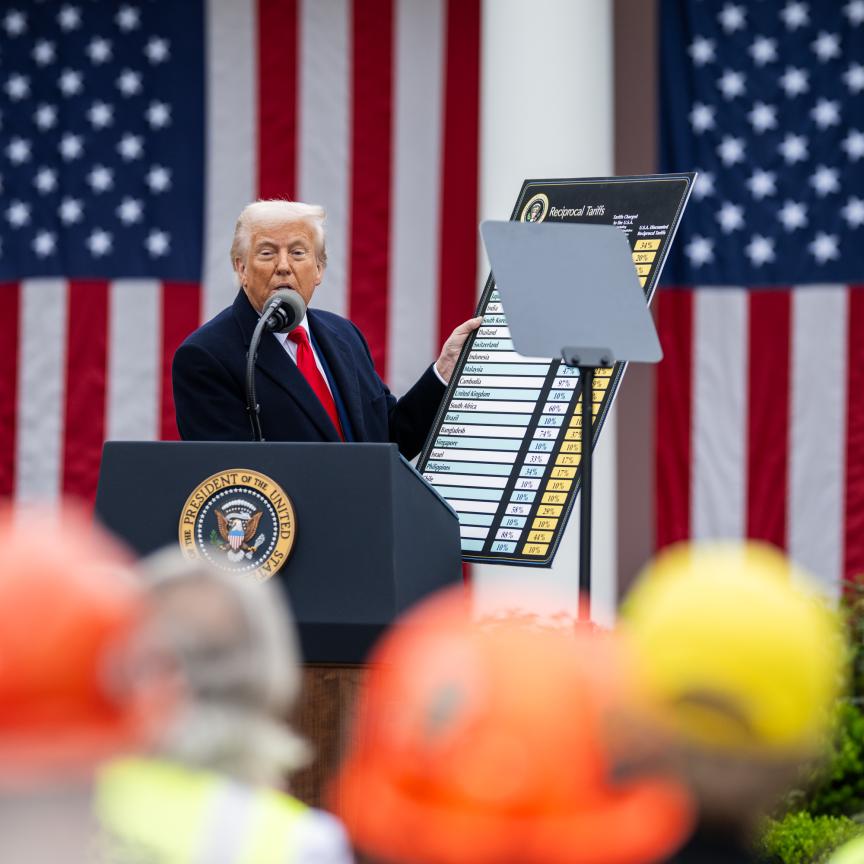A machine based on Raman spectroscopy has been announced as one of three candidates in the running to win the UK’s longest running national prize for engineering, the MacRobert Award. The device, the Insight100 from Cobalt Light Systems, is used to identify the chemical composition of sealed liquids. Already deployed in 65 airports across Europe, the device protects travellers by screening for liquid explosives and could mark the end of the ban on liquids in hand luggage.
The judges have shortlisted three UK companies − QinetiQ-owned OptaSense, SME Cobalt, and engineering giant Rolls-Royce − that are competing for a gold medal and a £50,000 cash prize. The winner will be announced on 2 July 2014 at the Academy's Awards Dinner at the Royal Opera House in London.
Based on research undertaken at the Science and Technology Facilities Council (STFC), Cobalt Light Systems’ airport security scanner should enable airports to remove the existing hand-luggage liquid ban through phased implementation over the next two years.
The Insight100 system can analyse bottles up to three litres, in order to determine if they contain anything considered a threat. The system is based on Raman spectroscopy − a laser is directed at the container, and the spectrum of light returned is then cross-checked against those collated on a library of threats.
This technology was first developed by STFC’s Professor Pavel Matousek at the UK’s Central Laser Facility. Matousek commented: ‘The technology works using the technique of Raman spectroscopy. When combined with advanced algorithms to distinguish between the container and its contents, the technology is able to identify the chemical composition in seconds.’
While previous plans to remove the liquid restrictions have been delayed due to concerns about the robustness of technology available at the time, the introduction of the Insight100 has proven a game-changer. It has recently been deployed in eight of the top 10 EU airports including Heathrow and Gatwick, and a total of 65 airports in Europe have introduced the system since January 2014
Speaking about the shortlisting, Matousek, who is also Cobalt’s chief scientific officer, commented: ‘It is wonderful to see this recognition for the work of the STFC spin-out company Cobalt Light Systems. To take such technologically advanced research and develop it in such a way that a successful solution to a key national security challenge has been found is fantastic.’
Paul Loeffen, CEO for Cobalt Light Systems, said: ‘It is hugely satisfying to see an academic discovery from a UK laboratory undergo several stages of innovation ending with deployment at international airports to enhance passenger security. The development of the Insight100 has been a multi-disciplinary engineering effort on very tight timescales and has culminated in dramatic commercial success over the last year.’
This technique was originally used to help pharmaceutical companies verify medicines, but could also be used for non-invasive cancer screening, detecting counterfeit goods, and food analysis in the future.


